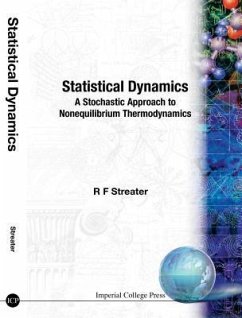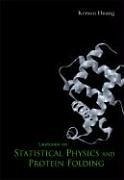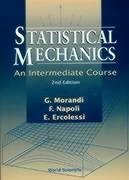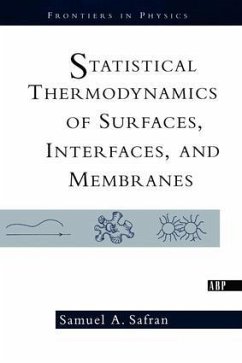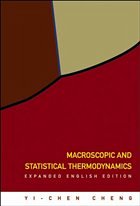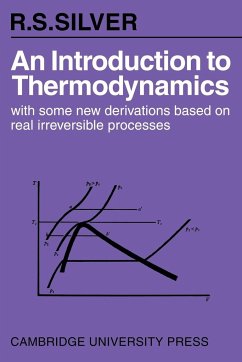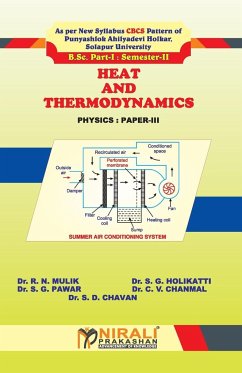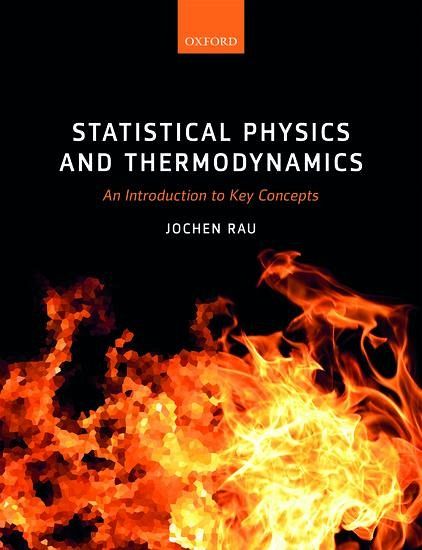
Statistical Physics and Thermodynamics
An Introduction to Key Concepts

PAYBACK Punkte
28 °P sammeln!
Statistical physics and thermodynamics describe the behaviour of systems on the macroscopic scale. Their methods are applicable to a wide range of phenomena, from neutron stars to heat engines, or from chemical reactions to phase transitions. The pertinent laws are among the most universal ones of all laws of physics.





